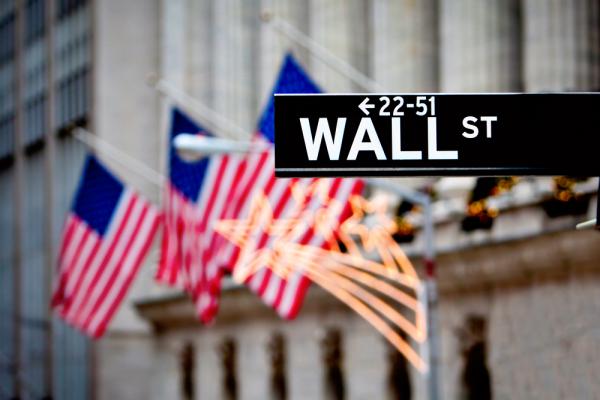New York Times op-ed columnist, David Brooks, responded, this week, to an intriguing article in the Washington Post about Jason Trigg, a recent MIT graduate, who chose a career on Wall Street as a way to redistribute wealth.
Trigg’s plan is simple. Make lots of money. Live simply. Give lots of money. It’s not far from John Wesley’s advice of, “Earn all you can. Give all you can. Save all you can.” Actually, it’s almost identical.
Brooks perceptively sees the dangers and pitfalls in the road ahead. Most specifically, wealth and the surrounding environment can have a corrosive effect, no matter good our intentions. Brooks writes:
…the brain is a malleable organ. Every time you do an activity, or have a thought, you are changing a piece of yourself into something slightly different than it was before. Every hour you spend with others, you become more like the people around you.
Gradually, you become a different person. If there is a large gap between your daily conduct and your core commitment, you will become more like your daily activities and less attached to your original commitment.
But, while I echo Brooks concern, I disagree with his ultimate conclusion. He goes on to argue that we should pursue careers that elicit passion (seeming to indicate that hedge funds couldn’t be a passion for some people) and that if we truly care about children in Africa, it’s best to go there – not Wall Street.
Here’s the problem: If you believe that all of creation is God’s good creation — including icky things like business and politics — then they too are in need of redemption, not rejection. My city, Washington, D.C., is flooded with brilliant idealists who want to change the world. The problem is, they’re all vying for the same few jobs.
Honestly, Jason Trigg, probably shouldn’t go to Africa. He rocks at computing data, but probably sucks at digging wells. Brooks is right; Trigg should purse his passion and not simply money, but his passion may very well be crunching numbers at a hedge fund.
The key for Trigg (and million of other young people who choose to engage the fallen powers of this world) is rooting himself in a Christian community that keeps him grounded and asks tough questions about his lifestyle, his money, and his life priorities. We need faithful, grounded young people, who begin asking what it means to redeem Wall Street, what it means to redeem hedge funds.
It’s not as crazy at it may sound. John Montgomery an unassuming former engineer who holds a MBA from Harvard and Ph.D. from MIT did just that. In 1993, Montgomery founded Bridgeway Capital Funds, which at one point had some of the highest mutual fund returns on Wall Street. The fund places a high emphases on stewardship, ensuring clients are not hit with “soft fees”, that the highest paid employee cannot earn more than seven times the lowest paid staffer, and most incredibly – they give away half the firm’s net-profits. What if others started to follow Montgomery’s lead?
What would it look like for the church to begin calling young people to start businesses that pay a fair wage and treat workers with respect? It can be done; look at Costco. What would it look like to start companies that commit to only using equitably sourced material and stop using sweatshops? Or what would it look like to call young people to become city council members and mayors who begin to reshape the local polis towards a vision of the common good?
I’ve always thought that we should ordain young people — the same way we ordain clergy — to go into the world as agents of redemption, as agents of change, as a faithful presence.
But, you cannot engage on a path of faithful presence without being grounded in a community of faith that shapes you, molds you, and most importantly, holds you accountable. Otherwise, you will most certainly lose your soul.
Each Sunday at our church, we gather with the hope that as we disburse to our jobs on Monday, across this city, in every field imaginable, we do not simply pursue wealth, power, or prestige, but instead, we seek to be a faithful presence that witnesses and embodies God’s new reality in the now.
Kevin Lum is the Lead Pastor of The Table Church on Capitol Hill.
Image: Wall Street sign outside New York Stock Exchange, Stuart Monk / Shutterstock.com
Got something to say about what you're reading? We value your feedback!
